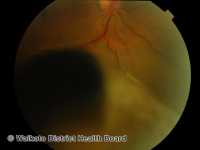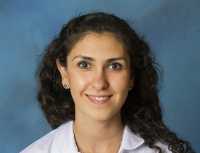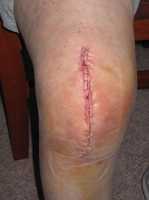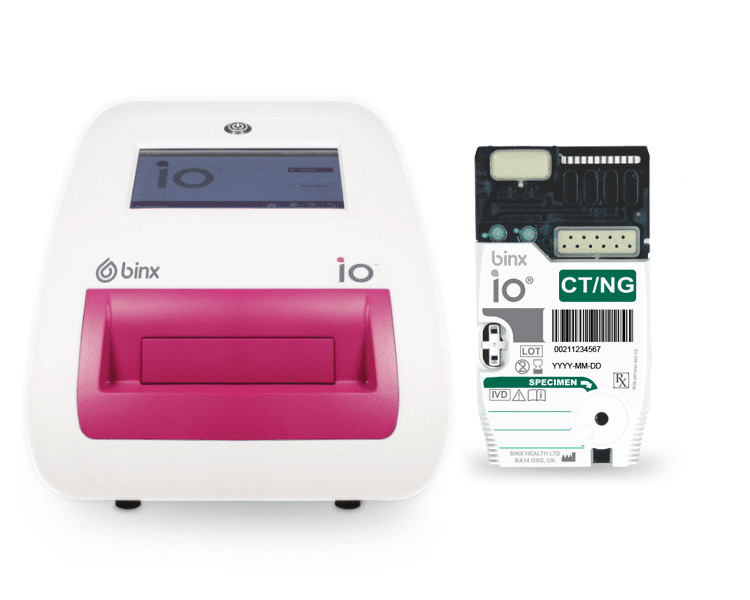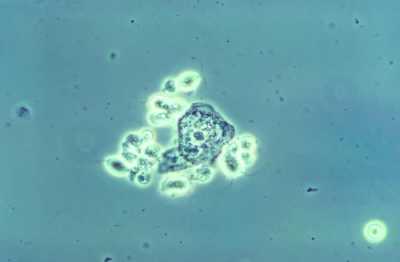MedicalResearch.com Interview with:
Dr. Udai Banerji, MD
The Institute of Cancer Research and The Royal Marsden
MedicalResearch.com: What is the background for this study?
Response: Not only have I been working in the RAS mutations oncology world for a while, but I also have prior preclinical experience working with VS-6766 (RAF/MEK inhibitor) and defactinib (FAK inhibitor), the two drugs in the Phase 1 study that was presented at the American Association for Cancer Research (AACR) annual medical meeting on April 27
th.
It is important to know that there is a great significant medical need for novel treatments for KRAS mutant tumors, which are difficult to treat, aggressive, and quite common across advanced solid tumors, including low-grade serous ovarian cancer (LGSOC), non-small cell lung cancer (NSCLC) and colorectal cancer (CRC), resulting in the need for novel treatments in an area of significant medical need.
I felt that early signals in preclinical research warranted a clinical trial; so that, combined with my RAS experience, made pursuing the Phase 1 study a clear fit. A clinical trial setting allowed us to explore RAF and RAS inhibitor combinations in multiple tumor trials, which was our aim.
The data presented at AACR convey safety and dose response results from the dose-escalation portion and expansion cohorts from an open-label, investigator-initiated Phase 1 study evaluating the combination of VS-6766 (RAF/MEK inhibitor) and defactinib (FAK inhibitor) therapy in patients with LGSOC and KRAS mutant NSCLC. The introductory data described in the study suggest that a novel intermittent dosing schedule of RAF/MEK and FAK inhibitor combination therapy has promising clinical activity in patients with KRAS mutant LGSOC and KRAS
G12V mutant NSCLC, including patients formerly treated with a MEK inhibitor. Expansion cohorts remain ongoing.
(more…)













